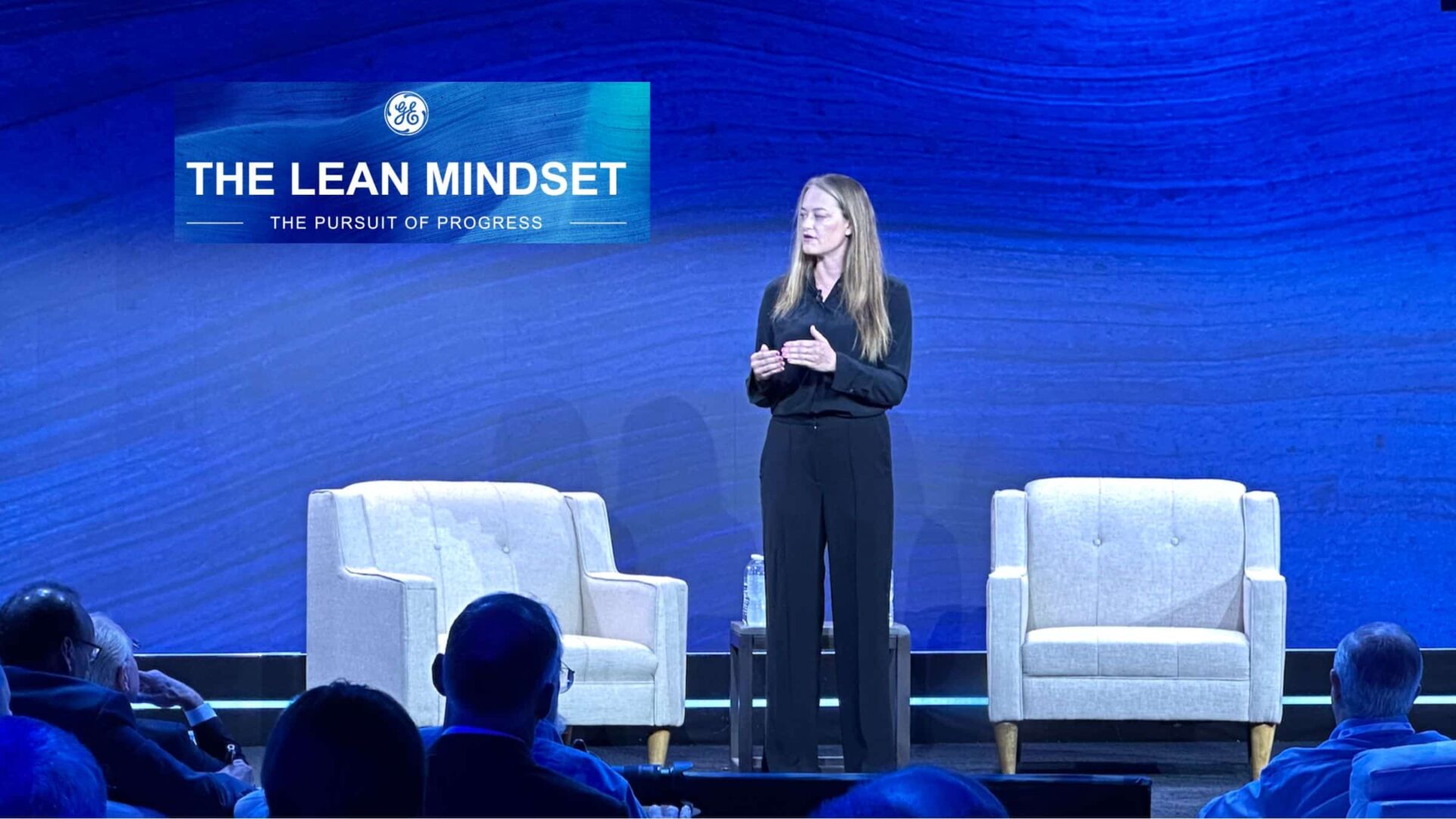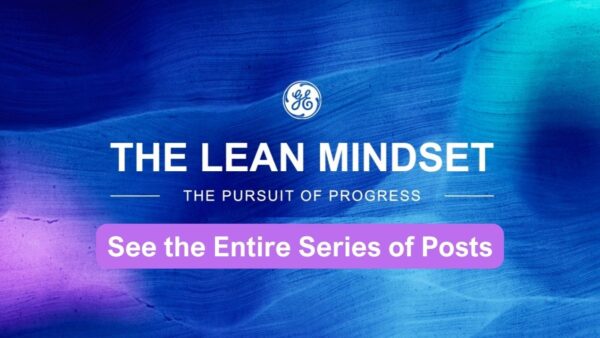This is the first in a series of posts about the sessions from the GE Lean Mindset event that I was able to attend recently.
You can read my initial summary of the event's themes and check out all of the videos.
GE CEO Larry Culp's opening remarks included his comment about the company always starting meetings with a “safety moment.”
For this event, the “safety moment” wasn't focused on how to exit the room in the event of an emergency. But it was a fantastic talk by Fire Commissioner Laura Kavanagh of the New York Fire Department, the first woman to lead the department.
Kavanagh said, “Safety is at the core of everything we do.” — it's about a mindset, she added.
She shared three core principles that they focus on every day. The first two are drawn from their long history and the third is one she's worked on with her team to address modern challenges.
Nothing is Done Alone
The FDNY is “the ultimate community and the ultimate team” whose mission is to protect their fellow members. “Safety is never about them,” and members accept those risks, knowing that they signed up for a dangerous job. It's about the others, not themselves. They take the safety of others incredibly seriously.
The community is so strong because of that commitment to each other's safety and the ethos that this is a 24×7 obligation. This includes making sure they're mentally well if there's something going on in their life.
It's not just physical health and safety but mental health.

Learn From Things Gone Wrong
“We embrace safety. It is never disciplinary, it's never punishment, it's never something to be embarrassed about if something has gone wrong.”
Kavanagh says things will go wrong. “We assume something will always go wrong” because they can't plan for every single emergency that could come up.
That makes me think of healthcare and the ethos of “every patient is unique.” Sure, but healthcare would benefit greatly from this ethos and principle.
After each run, they ask, “What could have gone better?” to see what could be improved, even if everything went fine and nobody was hurt. They look at close calls to make sure that, the next time, it would be as serious.
They have a website dedicated to close calls that members “regularly go on and review.”
“Tell us what could be better? Help us reflect on this moment.” Kavanagh says they do the same as leaders – how can they do better?
“Many of the tools (and protocols) have been self-created by members,” which speaks to a culture of engagement, initiative, and improvement.
She aims to create an environment where people don't just feel like they “can” speak up — but they feel like they WANT to.
Creating a Better Workplace for Modern Challenges
There's a lot of tradition, but that can make it tough to adjust to modern challenges.
FDNY is working to create a more diverse and nimble department, and that includes facing new challenges like lithium-ion battery fires. There's a strong connection (a direct correlation) between culture, climate, team dynamics (how well they're getting along) and safety. And I'd add that's all very true in healthcare!
They aim to be proactive, to address possible safety issues that could come up in the future.
The thing members care about about most is the safety of each other. They have an annual climate survey and connect that to health, safety, injuries, and mental health. The cohesiveness of each firehouse is assessed. If it's low, they look for improvements. If it's high, they see what can be taught to others.
They answer almost two million 911 calls a year. For each call, there's some element that's different than the one before, so they can't possibly have specific protocols for every type of call that could come in.
There's where principles, culture, mindsets, and general agility are helpful.
Please scroll down (or click) to post a comment. Connect with me on LinkedIn.
If you’re working to build a culture where people feel safe to speak up, solve problems, and improve every day, I’d be glad to help. Let’s talk about how to strengthen Psychological Safety and Continuous Improvement in your organization.









